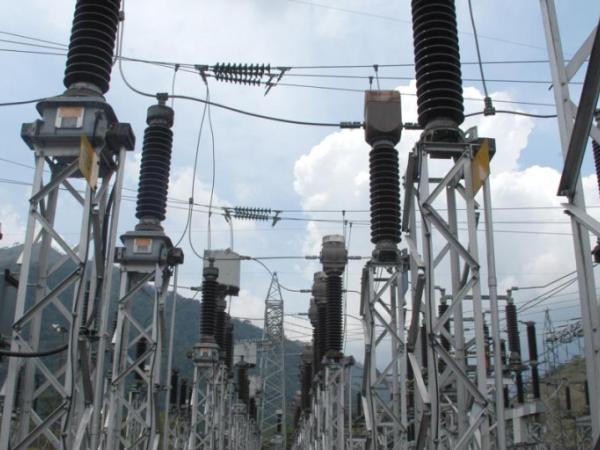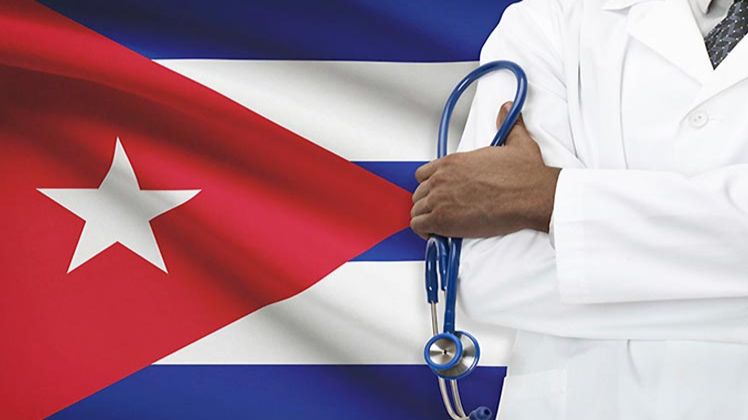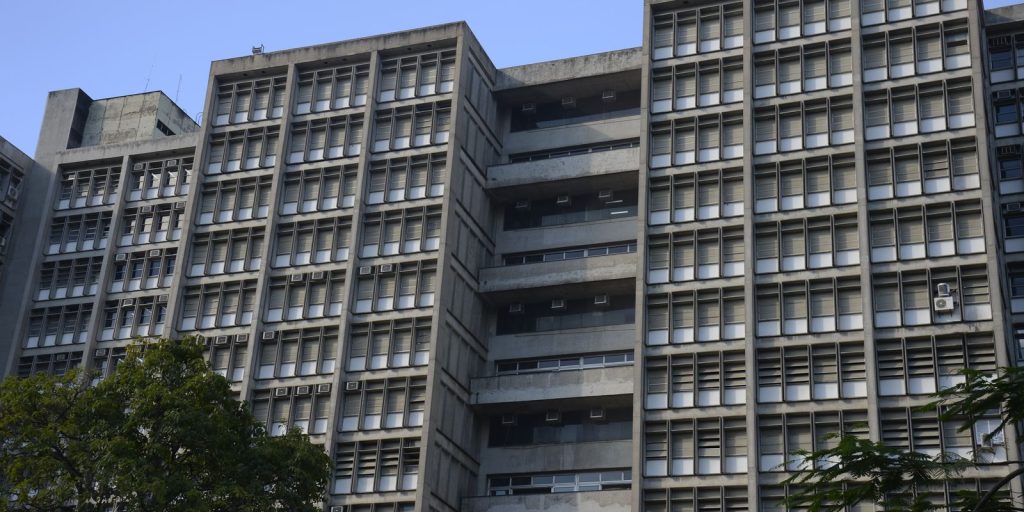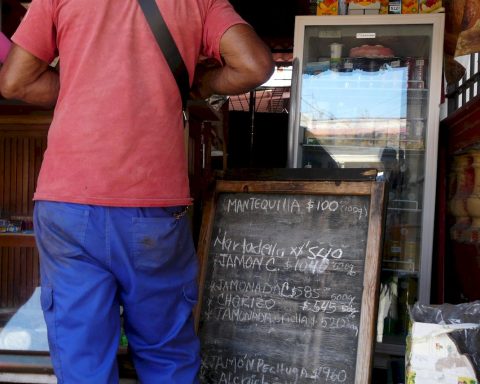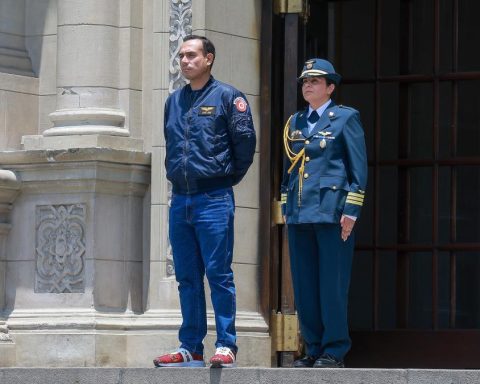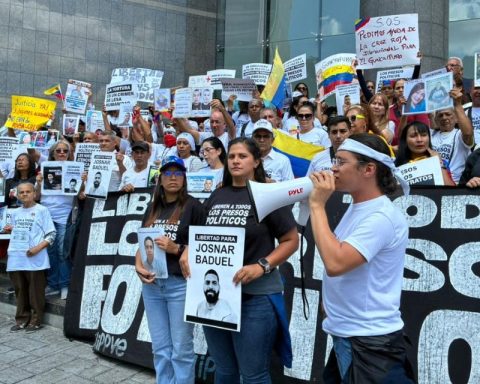The National Government, through the Ministry of Mines and Energy, the National Hydrocarbons Agency (ANH) and the Energy and Gas Regulatory Commission (Creg), announced the strategy that will be implemented in the country for coordinate actions that guarantee energy security in the country.
(See: The pros and cons of oil for the Colombian economy).
The first thing to do is to activate the Unified Command Post (PMU) of Gas, which will be made up of Minenergía, the Mining-Energy Planning Unit (Upme), ANH, Creg, XM, CNO-Gas, Naturgas and the Colombian Oil and Gas Association (ACP).
Its main objective will be to develop a roadmap for 2025-2026 and deliver “Recommendations for regulatory adjustments and infrastructure” in the energy area.
They will also be implemented various mechanisms to make hydrocarbon management more efficient, especially in the area of gas. Some of them will be:
– Permanent monitoring of the 368 hydrocarbon production fields, especially gas ones.
(See: These are the regions most affected by the restriction on vehicle gas).
– The activation of the inter-institutional committee on hydrocarbons to take measures regarding operational and contractual regulation and optimization.
– Activation of a special sectoral data analysis team to make evidence-based decisions and model gas production behaviour scenarios.
Finally, Resolution 702-006 of 2024 will be relaxed to negotiate gas contracts for less than 1 year. That resolution, along with other regulatory proposals, “seeks to achieve a higher degree of efficiency in the allocation of gas and the formation of prices in the wholesale market during the transition in the offer of national supply“, explained the Creg at the end of last August.
“In accordance with the above, we inform the public that the controlled and marketed gas production remains stable and is monitored daily.“, the Government concluded.
(See: The measures that Colombia will continue to take to guarantee energy supply).
Natural gas
The energy panorama in the country
On Friday, September 20, Ecopetrol announced the restriction of gas to meet the thermal demand in the country due to the drought which has revealed a structural problem between supply and demand that has worsened in the last two years.
For experts consulted by Portafolio, “This situation is another palpable fact of the growing materialization of risks due to having stopped working to protect energy reliability, both in electricity and gas.“.
(See: The country’s energy risks continue to increase).
For Sandra Fonseca, president of Asoenergía (a union of large industrial consumers), the issue of the gas deficit is also a factor the non-renewal of contracts by producers, due to the lack of firm amounts; and some of the contracts are conditional on not being used by the original recipient, while others have purchase options to support power shortages.
According to the directive, although the problem did not originate in this government, in the last two years the situation has worsened, because the energy transition in the use of gas is not clear.
PORTFOLIO
